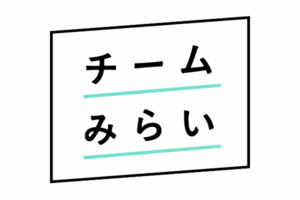Is AI Shifting Development from Manual Labor to Mental Work? Exploring the Potential of Codex as a New Partner
Hello, I'm Tak@, a system integrator. While I work on various system development projects, I also enjoy creating AI-powered services as a hobby.
In this column, I want to explore how the newly introduced AI tool "Codex" could transform the software development landscape, drawing from my own experiences.
Have you ever been programming and thought, "I know what to do in my head, but my hands can't keep up with writing the code!"?
Bottlenecks in Development
Software development often encounters bottlenecks that slow progress. OpenAI engineer Nacho categorizes these into two types:
The first is the "brain bottleneck."
This occurs when developers face complex problems and need time to think deeply about solutions, often sketching ideas on a whiteboard.
The second is the "hand bottleneck."
Here, developers know exactly what needs to be written but struggle to translate their thoughts into code quickly.
Repetitive tasks, setting up new projects, and other routine activities often suffer from this bottleneck despite requiring minimal creative thinking.
What is Codex? A Developer’s New Partner
To eliminate the "hand bottleneck" and accelerate development, OpenAI introduced Codex.
Codex functions as a "cloud-based software engineering agent," acting like a highly skilled team member assisting with development.
Powered by the "codex-1" AI model optimized for software engineering, Codex allows users to request coding tasks, fixes, explanations, and even pull request generation through its ChatGPT interface.



